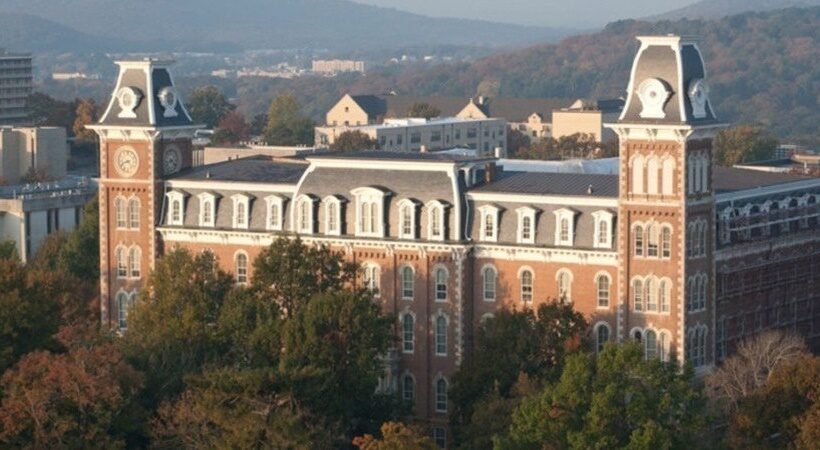The Department of Defense has provided the University of Arkansas at Little Rock an amount of $600,000 to probe the use of social cyber forensics and understanding covert online influence as part of an international research study.
As part of the project, UA Little Rock will get $691,339 of a total of $2.35 million. Dr. Nitin Agarwal, professor of information science and director of the Collaboratorium for Social Media and Online Behavioral Studies, will be the principal investigator for the UA Little Rock.
The four-year project is called “Fusing Narrative and Social Cyber Forensics to Understand Covert Influence”, and is headed by Dr. Scott Ruston, a research professor with Arizona State University’s Global Security Initiative. Nanyang Technological University in Singapore and experts from Indonesia and the Philippines are the additional research partners.
This research aims at dealing with the issues that the US faces with regard to China’s engagement in “informationized” warfare. A model for effective analysis of strategic influence in the Middle East, Europe, and other regions will also be created.
“Increasing proliferation of social media provides tremendous opportunities for gaining situational awareness to assist with strategic policymaking, particularly in defense, security, diplomacy, and foreign policy,” Agarwal was quoted as saying.
“However, social media data is often riddled with challenges such as high volume and velocity, noisy data, missing data, and incomplete data. This project will develop computational, systematic, and rigorous methods that are grounded in social science theories and cyber forensic methodologies to study big social media data and surmount the challenges,” he added.
The Office of Naval Research manages the grant, and it is awarded under the DOD’s Minerva Research Initiative.
“We live in a dynamic world, and many of the challenges we face are social or have social elements,” said Dr. Bindu Nair, director of the Basic Research Office in the Office of the Under Secretary of Defense for Research and Engineering. “The knowledge and methodologies generated by Minerva teams are fundamental to understanding how social forces shape regions of the world of strategic importance to the United States.”
The researchers’ main area of study will be the online influence by focusing on Indonesia and the Philippines, which often creates political action favouring China, by manipulating public opinion using certain narratives.
Social network and cyber forensic analysis will be conducted by Agarwal and his team at COSMOS to examine the dissemination of ideas of these narratives, besides observing virtual proxies of political action.
“The grant will allow us to develop research-based models and operationalise them in our social media monitoring tools, Blog Tracker and Video Tracker, to assist the United States defence in countering cyber threats in an emerging socio-technical context, particularly in the Indo-Pacific region,” Agarwal said.



















